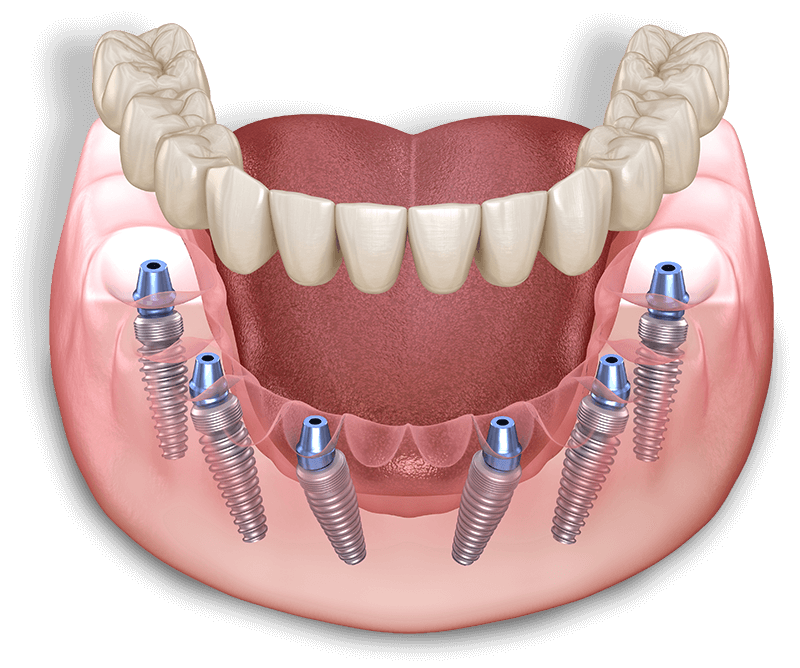Tooth implant problems can range from mild irritation to serious infection or implant failure. Spotting issues early makes a big difference in treatment and long-term success. This short guide explains common warning signs, typical causes, when to seek care, and practical prevention tips. If you’re worried about tooth implant problems in Fort Lauderdale, FL, read on for clear next steps you can take.
Common tooth implant problems and early warning signs
Know the signs so you can act quickly. Early detection often prevents more invasive treatment.
- Peri-implantitis (infection): swelling, redness, bleeding around the implant, bad taste or odor.
- Looseness or movement: any shifting or wiggle means the implant may be failing.
- Persistent or worsening pain, numbness, or tingling: could indicate nerve involvement or deep infection.
- Sinus problems or pressure: after upper implants, new sinus pain or congestion can signal a problem.
Finding these signs early usually leads to better outcomes, less bone loss, and simpler treatments.
What typically causes tooth implant problems
Poor oral hygiene and infection
Plaque and bacteria build up around the implant and gums can become inflamed. Left unchecked, this leads to bone loss and peri-implantitis.
Medical and lifestyle risk factors
Uncontrolled diabetes, smoking, certain medications, and other health issues raise the risk of complications by slowing healing and weakening bone support.
Surgical or technical factors
Poor implant positioning, inadequate bone volume, or placing too much bite force on a new implant can cause failure. Proper planning and technique matter.
When to seek care and what your dentist will do
Seek urgent evaluation for severe pain, spreading swelling, fever, or any implant mobility. These signs may require same-day attention.
- Typical evaluation: clinical exam, probing around the implant, X-rays or CBCT scans, and a medical history review.
- Possible treatments: professional cleaning under the gum, antibiotics, laser or nonsurgical therapies, surgical revision or bone grafting, and implant removal if necessary.
The earlier your dentist evaluates the issue, the more options you’ll have to save the implant.
How to prevent tooth implant problems and maintain long-term success
Good habits and regular care significantly lower risk:
- Daily care: brush gently around implants, use interdental brushes or a water flosser, and use antimicrobial rinses if recommended.
- Routine checkups: professional maintenance cleanings and periodic X-rays help catch problems early.
- Manage health risks: control blood sugar, stop smoking, and review medications with your medical team.
- Choose experienced care: clinicians who use CBCT planning, guided surgery, and an in-house lab reduce technical complications.
At In A Day Smile Dental Implant Centers, Dr. Burak Taskonak and the team use advanced digital planning, CBCT imaging, and guided surgery to lower the chance of complications and improve outcomes for full-arch and immediate-load cases.
If you notice any warning signs or have concerns about tooth implant problems in Fort Lauderdale, FL, schedule an exam promptly. Early care preserves options and helps protect your smile.


